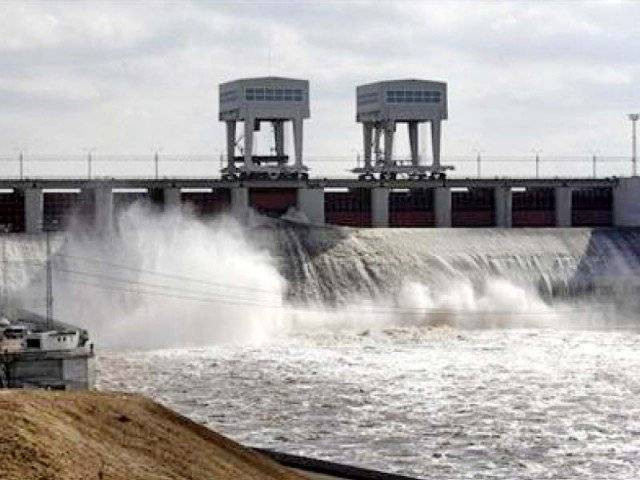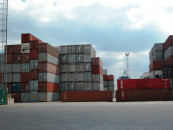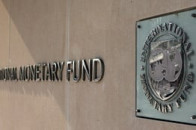Pakistan aims for 60% clean energy by 2030
Planning minister calls for fulfilling pledges of $600b investment in clean energy

Federal Minister for Planning and Development Ahsan Iqbal on Thursday stressed the need for honouring the pledges and commitments to investing $600 billion in clean energy. “We welcome the Global Roadmap for Accelerated Sustainable Development Goals (SDGs) Action, developed in the 2021 highlevel dialogue and over 200 Energy Compacts, including pledges of $600 billion… yet actions have to match the pledges and commitments,” he said.
The minister was addressing a high-level luncheon on “Accelerating SDG 7 Action for the 2030 Agenda and the Paris Agreement: Universal Energy Access” held at the United Nations headquarters. In September 2021, the UN General Assembly’s summit-level event on energy was held for the first time in 40 years. It closed with the presentation of 137 voluntary commitments to action, known as “Energy Compacts,” with total pledges of around $400 billion, which later increased to $600 billion with over 200 Energy Compacts.
Iqbal said it was obvious that achieving the SDG 7, which called for universal access to clean and sustainable energy, was indispensable for progress on all the 17 SDGs as well as climate goals. He pointed out that Pakistan’s policy was driven by three objectives including universal access to energy, doubling the share of renewable energy, and doubling the rate of energy efficiency and conservation. “Our aim is that by 2030, 60% of our energy will be clean and renewable. Pakistan’s solar and wind power potential is over 40,000 megawatts.
Also, 30% of vehicles will be electric by 2030.” The minister said even before the Covid-19 pandemic, the world was falling behind in progress towards the achievement of SDG 7 and goals of the 2030 Agenda. Around 733 million people have no access to electricity, significant gaps remain between urban and rural access, and 2.4 billion people are still without access to clean cooking solutions. “For the second year in a row, investments into clean energy in developing countries have declined. In 2019, these were only $10.9 billion.
Non-electricity sectors are lagging even further behind. Annual energy efficiency improvement was 1.5% last year, far short of the 3.2% target,” he added. Today, the energy prices in developing countries have spiralled. The scramble for natural gas has pushed up prices by 1,900%. Several developing countries including Pakistan having no access to natural gas, even at exorbitant prices, are facing “brown-outs”. “Investment in fossil fuel production is expanding. Also plans for the phase-out of coal have been halted or reversed,” he said.
Iqbal maintained that new fossil fuel-based power was discouraged in the developing countries, but existing oil and coal plants continued to provide a large part of energy in the industrial countries. “Climate coalitions” have been created to provide finance for several emerging economies to induce them away from coal-fired plants. “Such incentives have not yet been offered to those developing countries that have refrained from utilising their coal resources.”
In the present circumstances, he said, the highest priority must be access to energy to all and from all sources. This should include equitable access to natural gas and a financing mechanism to offset the high energy prices for the severely affected countries.



















COMMENTS
Comments are moderated and generally will be posted if they are on-topic and not abusive.
For more information, please see our Comments FAQ